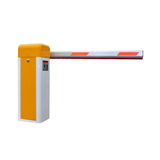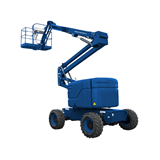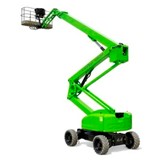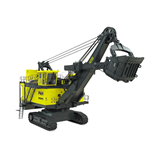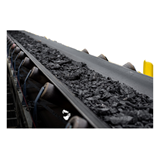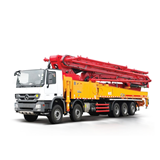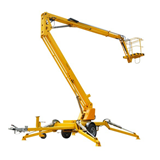Consumer confidence is down, business confidence is below par, and the government sure isn't getting any pats on the back for successfully nursing the economy through the global recession.
It all boils down to what the Treasury, in the budget papers in May, referred to as the "patchwork economy".
It turns out we're not all on a good patch, as workers at BlueScope Steel have just been reminded.
On Monday, they learnt about 1,000 of them will lose their jobs when Bluescope closes a blast furnace in Port Kembla in NSW and a hot strip mill in Western Port in Victoria.
The company blamed the high Australian dollar and high costs of raw materials, along with weak steel prices and flagging demand from in the local market.
And those reasons can be seen as a neat summary of the forces currently dominating the Australian economy - seemingly driving it in several different directions at once.
Mining booms push the exchange rate up, punishing anyone competing with foreign producers.
And that net spreads wider than you might think.
A motel operator in country Queensland, a university in Sydney and a farmer in Victoria's Wimmera region each, in their own way, face competition from overseas as buyers of their goods and services weigh up the options.
A holiday in Fiji, a university in the US, and canola grower in Canada offer alternatives for buyers.
And the higher the Australian dollar goes, the better those alternatives look.
Mining still does boost the economy - mines have to be dug, roads and railways built and, at least before the global financial crisis, the flood of tax revenue from mining profits was recycled into the community through tax cuts and higher government spending.
And at least some of the profits accruing to the small minority of Australian owners trickles down into the economy as well.
But even that's part of the problem.
That additional activity created by the mining boom competes for the nation's productive capacity - including its workers - potentially causes wages and prices to push higher and feed into a self-sustaining inflationary spiral.
That's something the Reserve Bank of Australia (RBA) has vowed to prevent.
But that also means two things.
One is that the RBA will use interest rates to slow the economy.
So we have to put up with interest rates that are higher than in most other countries aside from emerging powerhouses like China and India.
The other is that, in order to keep average wage rises consistent with the inflation target, big rises in boom sectors like mining have to be balanced by slower wage rises elsewhere.
So it's too bad if you have a mortgage and work in - to coin a phrase - an elsewhere sector.
Part of the reason its argued that we'll be better off is that even though we can no longer produce these goods and services competitively, the soaring currency means we can buy them cheaply.
But here's the trouble with that argument.
The consumer price index, which measures the cost of living in Australia, rose 3.6 per cent over the past year.
Even if you take crazy banana prices out of the equation, the rise was still 3.0 per cent.
In other words, while import prices may be under pressure from the stratospheric Australian dollar, the average price level is rising just as quickly - plus a bit more - as it usually does.
No wonder so many people don't feel they've benefited from the mining boom.
At least housing and share prices are going up.


